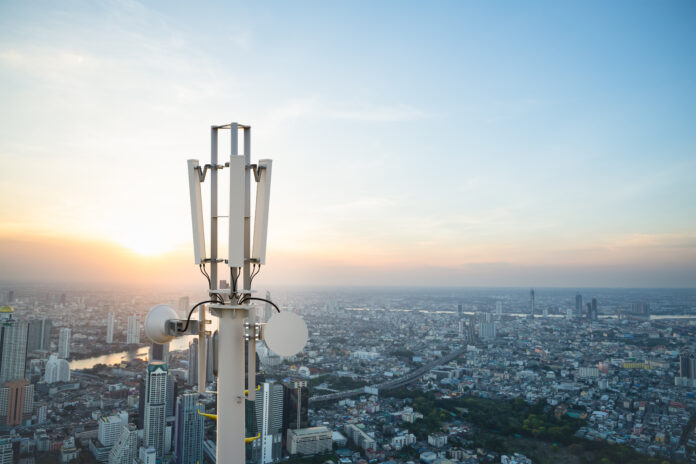por Suzanne Potter
California News Service
Consumer groups are fighting a proposal in Congress which would fast-track installation of 5G high-speed wireless internet equipment by limiting local government input on permitting.
House Resolution 3557 would require local governments to process many permit applications within 60 to 150 days depending on the size of the project. If they don’t it would be automatically approved.
Scott McCollough, chief litigation counsel for group Children’s Health Defense, said two months is not enough time to thoroughly vet the proposals and worries they could be rubber-stamped.
“With something like a 60-day shot-clock requirement, it is not possible to conduct an environmental analysis, give public notice, hold the hearing, and process and approve or deny the application,” McCollough contended. “The only answer is to cut out the public and do it all administratively.”
Supporters of the bill say local objections are slowing down the rollout of 5G high-speed wireless internet. The Biden administration prioritizes laying fiber over wireless, and advocates say it is future-proof and costs less in the long run because it does not need to be constantly upgraded like wireless. So far, the bill has passed one House committee but has not gotten a floor vote.
Jodi Nelson, director of the nonprofit Californians for Safe Technology, said some people suffer from electromagnetic hypersensitivity from exposure to radio-frequency radiation.
“They experience brain fog, sleep deprivation, headaches, tinnitus, lack of energy,” Nelson outlined. “These are some of the main issues that people with electromagnetic sensitivity have.”
Similar wireless preemption bills have passed twice in California but were then vetoed by governors Jerry Brown and Gavin Newsom. Two wireless bills before the state Legislature now would bundle permits into groups, and move money slated for laying fiber over to programs to expand wireless.
CA works to root out price gouging on groceries
Attorneys general from more than 30 states – including California – just announced a bipartisan effort to bring down costs and create more choices at the supermarket. State law enforcement agencies are pledging to work with the USDA’s new Agricultural Competition Partnership to investigate price gouging in the food industry.
Teresa Murray, a consumer watchdog with the Public Interest Research Group, said while recent inflation spikes have been a factor, it’s worth taking a closer look.
“We very much believe in a free market, but not when it comes to crossing the line of trying to take advantage of individuals and families who are just trying to feed their kids, ” she explained.
Beyond price structures, the USDA said states will be on the lookout for conflicts of interest, misuse of intellectual property, and anti-competitive barriers across the food and agriculture supply chains. Business groups like the U.S. Chamber of Commerce oppose the move, calling it an “overreach.”
Murray added while there have been rumblings about these issues, it is hard to go into a grocery store, see higher prices, and know for sure whether corporate greed is at play.
“What are the manufacturing costs? What are the labor costs – which probably have gone up, you know,” she said. “What are the supply chain costs? What are the distribution costs? And then where, at the end, is there a profit – and is anybody along the way taking advantage of the situation?”
Murray added that there is no federal statute that addresses price gouging, so state enforcement will be important. California has a law on the books that makes price gouging during an emergency a crime, but not all states do, and some are limited in scope.



